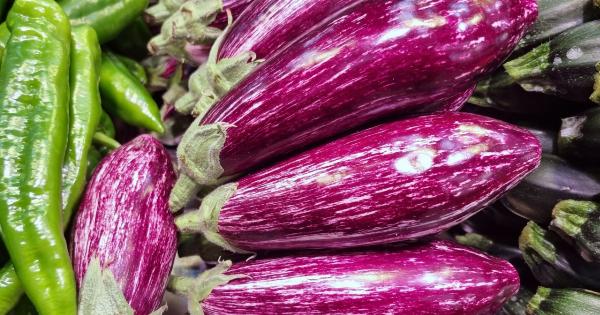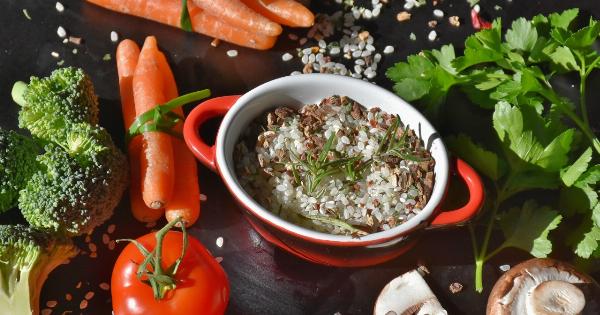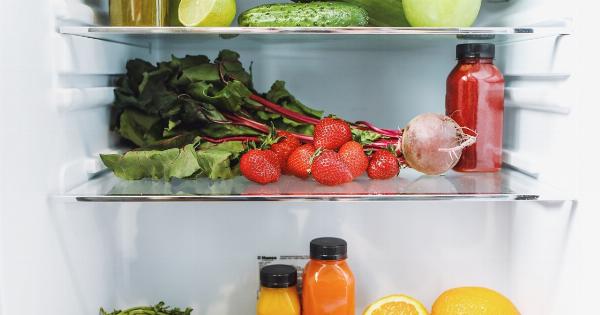When it comes to storing vegetables, one of the biggest challenges is maximizing their shelf life.
Whether you grow your own vegetables or buy them from a grocery store or farmers market, knowing how to properly store them can help you reduce food waste and save money. In this article, we will explore various tips and techniques to ensure your vegetables stay fresh for as long as possible.
1. Buying Fresh Vegetables
Before you can even think about maximizing the shelf life of your vegetables, it is important to start with fresh produce. When buying vegetables, look for ones that are firm, brightly colored, and free from bruises or blemishes.
Avoid vegetables that are wilted or have soft spots, as they are likely to spoil faster.
2. Proper Washing and Drying
Before storing your vegetables, it is crucial to wash them properly. However, make sure to wash them just before use rather than in advance. Washing vegetables too early can lead to moisture buildup, which can accelerate spoilage.
After washing, ensure that the vegetables are completely dry before storing them to prevent the growth of mold and bacteria.
3. Storing Vegetables at the Right Temperature
Each type of vegetable has its own optimal storage temperature, and understanding these requirements can significantly extend their shelf life.
4. Utilizing Refrigerator for Storage
The refrigerator is a valuable tool for extending the shelf life of vegetables.
5. Freezing Vegetables
Freezing is an excellent preservation method that can keep vegetables fresh for months. However, not all vegetables are suitable for freezing, and proper preparation is essential.
6. Using the Right Containers
The type of container you use for storing vegetables can make a big difference in their shelf life. Opt for airtight containers or bags that help maintain the freshness and prevent exposure to moisture.
7. Avoiding Excess Moisture
Moisture is one of the primary causes of vegetable spoilage. It is important to store vegetables in a cool, dry place and avoid excessive humidity.
8. Don’t Mix Certain Vegetables
Some vegetables emit ethylene gas, which can speed up the ripening process and cause nearby vegetables to spoil faster. Keep ethylene-producing vegetables separate from those that are sensitive to it.
9. Regularly Check and Rotate
To ensure that your vegetables stay fresh, it is essential to regularly check them for any signs of spoilage. Remove any vegetables that show signs of mold or decay immediately to prevent further contamination.
10. Preserving Techniques
If you find yourself with an excess of vegetables, consider exploring various preservation techniques such as canning, pickling, or dehydrating.
These methods can help extend the shelf life of your harvest and provide you with delicious options throughout the year.
Conclusion
By following these tips and techniques, you can maximize the shelf life of your vegetables and reduce unnecessary food waste.
Remember to start with fresh produce, wash and dry your vegetables properly, store them at the right temperature, and utilize various preservation methods if needed. With a little extra care and attention, you can enjoy the flavors and benefits of fresh vegetables for an extended period.































